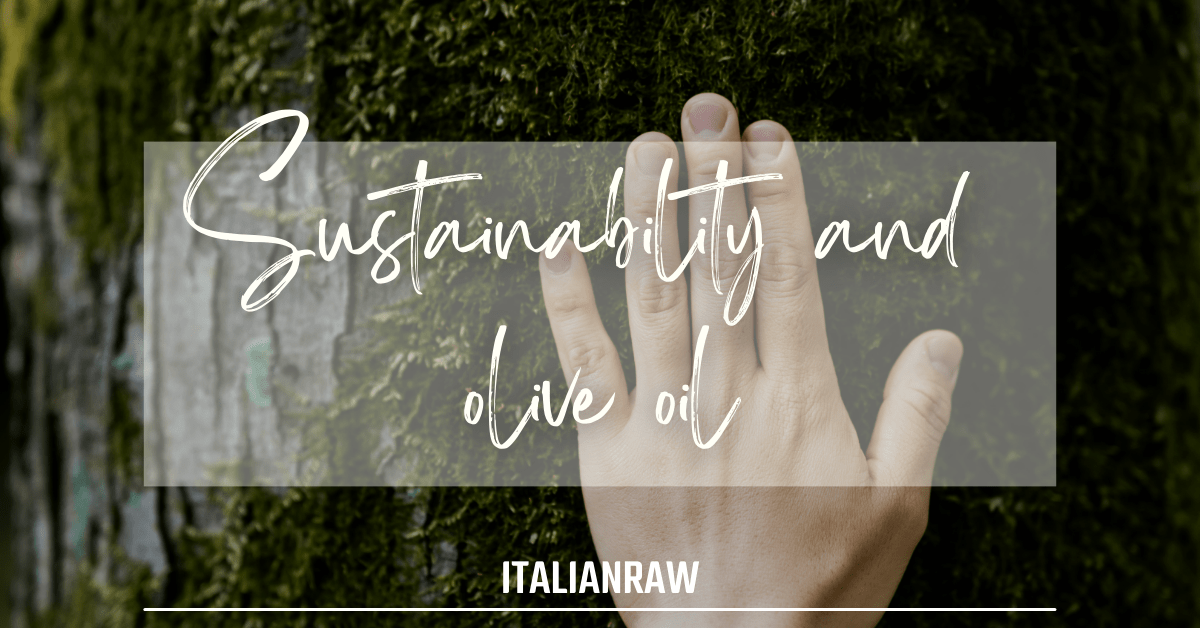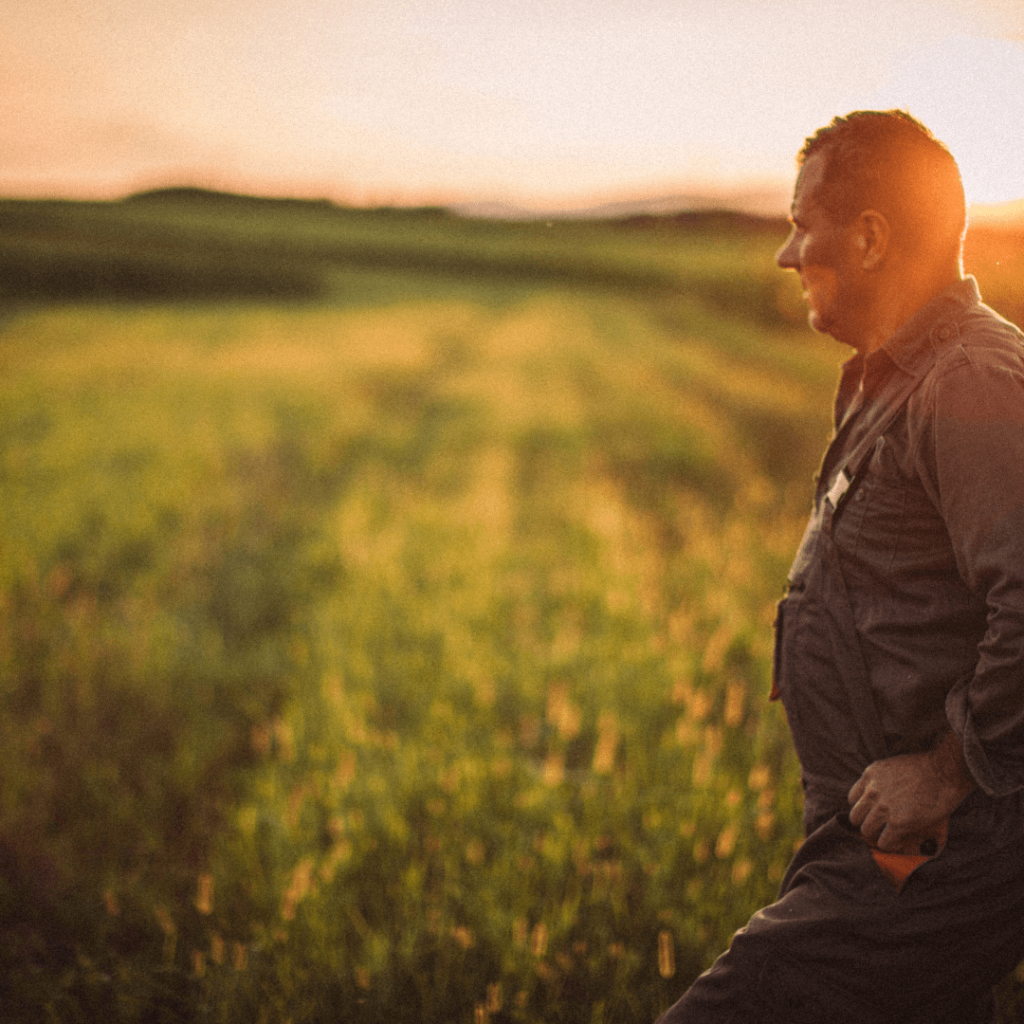
SUSTAINABILITY AND OLIVE OIL
MICRO FARMERS AND SUSTAINABILITY
Olive oil, a symbol of the Mediterranean and a testament to the relationship between man and nature has long been cherished for its taste and health benefits. However, its significance goes beyond just culinary delight.
The production of olive oil, when approached with care and foresight as just the micro farmers can do, embodies sustainability in numerous ways.
From the traditional ways olive trees are cultivated to the benefits they impart to local economies and ecosystems, there’s a depth to this golden liquid that many might overlook.
Delving deeper, we uncover the myriad of sustainable practices and attributes associated with micro farmers’ olive oil production.

The goal for supporting their farming practices and production is to create and maintain conditions where humans and nature can coexist in productive harmony, ensuring social, economic, and other requirements of present and future generations.
MICRO FARMERS’ OLIVE OIL: MANY SUSTAINABLE ADVANTAGES
- Traditional Cultivation Practices: Olive trees are known to be hardy and can thrive in semi-arid conditions with minimal water requirements. They have been traditionally cultivated in many Mediterranean regions using practices that have low environmental impact.
- Social Sustainability: This concerns the idea that societies need to evolve and develop in a way that improves the well-being of all individuals, considering aspects such as education, health care, justice, and equal opportunities. It also touches on maintaining and fostering cultural heritage, promoting social cohesion, and ensuring that all individuals’ basic human rights are upheld.
- Support for Local Economies: Olive oil production supports local economies, particularly in regions where olives have been traditionally grown. By purchasing micro farmers’ olive oil, consumers can support sustainable farming practices and local businesses.
- Health Benefits: Sustainable consumption is not only about environmental impacts but also about long-term health benefits. High-quality extra virgin olive oil is rich in monounsaturated fats and antioxidants, promoting cardiovascular health and reducing the risk of chronic diseases.
- Long Lifespan of Olive Trees: Olive trees can live for hundreds of years. This longevity means that, once planted, they can produce fruit for many generations, supporting a sustainable use of land.
- Carbon Sequestration: Olive trees, like all trees, act as carbon sinks, absorbing more carbon dioxide than they emit. This can help offset carbon emissions from other agricultural practices or sectors.
- Minimized Use of Chemicals: Many olive farms practice organic or near-organic cultivation, reducing the reliance on chemical pesticides and fertilizers. This not only reduces environmental contamination but also supports biodiversity in and around olive groves.
- Biodegradable Waste: The waste produced during olive oil extraction, such as olive pomace, can be reused. It can be turned into compost, utilized as a biomass energy source, or even used in cosmetics and other products.
- Recyclable Packaging: Many olive oil producers are transitioning to sustainable packaging options, such as tin cans or glass bottles that are easily recyclable and eco-friendly.
- Promotion of Agroforestry: Olive groves can be integrated with other crops and natural vegetation, promoting agroforestry practices that enhance biodiversity, soil health, and water retention.
With each drop of olive oil, we’re not just tasting tradition, but also the promise of a sustainable future, if we choose to embrace it.

SUPPORT AND DEVELOP SUSTAINABILITY IN EVOO PRODUCTION
To preserve sustainable olive oil production, it’s imperative to:
Educating Consumers: Elevating awareness among consumers about the sustainable nature of olive oil is paramount. By empowering them with knowledge, they can make choices that align with eco-conscious values.
Partnerships with Producers: Engaging in dialogue and collaboration with farmers and olive oil producers can disseminate best practices in sustainable olive farming. Shared insights and collective growth will ensure that olive oil production remains green at its core.
THE MEANING OF SUSTAINABILITY
The term “sustainability” finds its roots in the Latin word “sustinere,” which means “to hold up,” “support,” or “endure.” However, the term’s contemporary usage and understanding have evolved and been shaped by various disciplines, movements, and international dialogues.
The modern concept of sustainability, especially in the context of development and the environment, gained significant traction in the late 20th century.
One pivotal moment that popularized the term in this context was the “Brundtland Report” publication in 1987.
Officially titled “Our Common Future,” this report was produced by the World Commission on Environment and Development (WCED), which was chaired by Gro Harlem Brundtland. The report defined sustainable development as: “development that meets the needs of the present without compromising the ability of future generations to meet their own needs.” This definition highlighted the long-term perspective and the interconnectedness of economic growth, social inclusion, and environmental balance.

SUSTAINABILITY TODAY. THE 2030 AGENDA AND SDG'S
Today, sustainability is the foundational principle guiding the current leading framework for international cooperation, namely the 2030 Agenda for Sustainable Development and its accompanying Sustainable Development Goals (SDGs). In June 2022, environmental leaders from across the globe gathered to review progress made and discuss future pathways, emphasizing accelerating momentum for the UN Decade of Action to achieve the SDGs.
THE PILLARS OF SUSTAINABILITY
SUSTAINABILITY encompasses a broad range of topics and disciplines, including economics, environment, and social equity, often referred to as the three pillars of sustainability: economy, environment, and society. In a more detailed context:
- ENVIRONMENTAL SUSTAINABILITY: This involves the preservation and management of natural resources and ecosystems to prevent degradation, depletion, or pollution. It emphasizes the importance of maintaining biodiversity, reducing carbon footprints, and utilizing renewable energy sources.
- ECONOMIC SUSTAINABILITY: This ensures that economic activities and growth are conducted in a manner that meets the needs of the present generation and maintains the potential for future generations to meet their own needs. This might involve sustainable business practices, job creation, and ensuring a stable economy that can withstand shocks.
- SOCIAL SUSTAINABILITY: This concerns the idea that societies need to evolve and develop in a way that improves the well-being of all individuals, considering aspects such as education, health care, justice, and equal opportunities. It also touches on maintaining and fostering cultural heritage, promoting social cohesion, and ensuring that all individuals’ basic human rights are upheld.
Sustainability often requires a balance among these three pillars to ensure long-term viability and success.
The goal is to create and maintain conditions where humans and nature can coexist in productive harmony, ensuring social, economic, and other requirements of present and future generations.











Leave a Reply